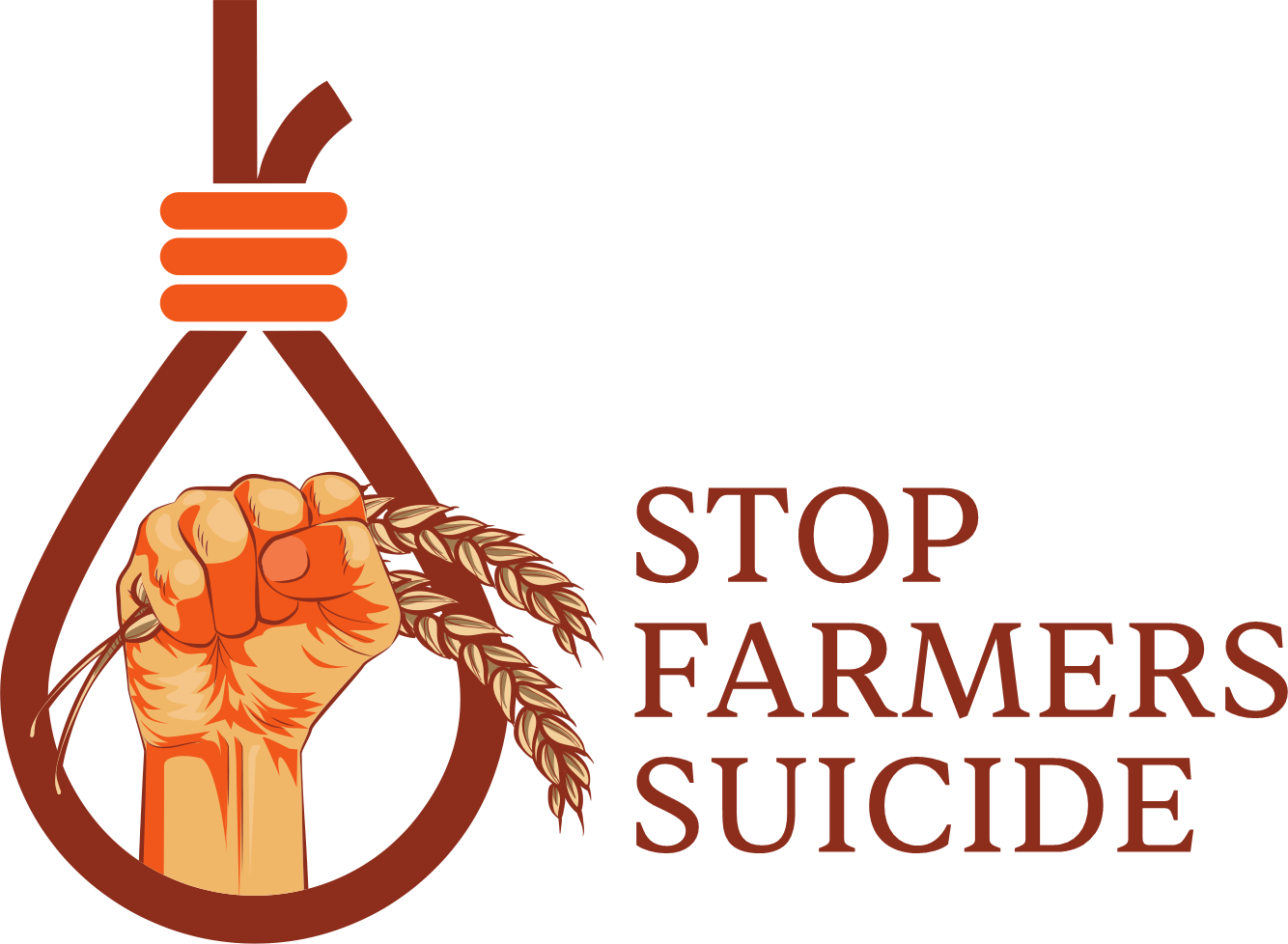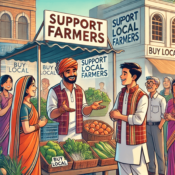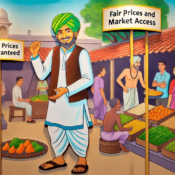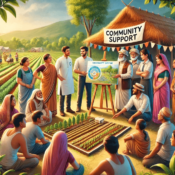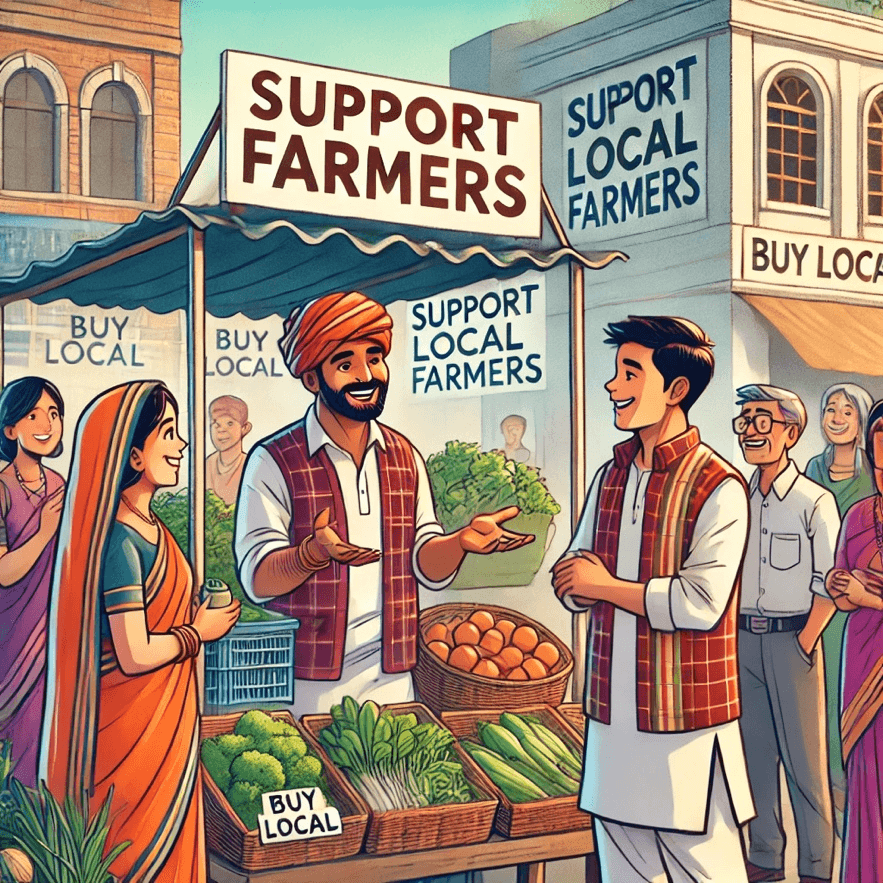
How Urban Consumers Can Support Rural Farmers
In many parts of the world, the gap between urban and rural populations is widening, with urban consumers often disconnected from the realities faced by rural farmers who produce the food we consume. While urban areas thrive with advanced technology, bustling economies, and modern amenities, rural farmers struggle with challenges such as limited access to resources, unpredictable weather patterns, low incomes, and lack of market access. Urban consumers, however, have the potential to play a crucial role in supporting rural farmers, ensuring that they receive fair compensation for their hard work, and fostering a more sustainable agricultural system. By making conscious choices, advocating for policy changes, and fostering direct connections with farmers, urban consumers can make a significant impact on the livelihoods of rural communities.
- Support Local and Sustainable Products
One of the most direct ways urban consumers can support rural farmers is by purchasing locally grown produce and products from sustainable sources. Buying directly from local farmers or local farmers’ markets helps ensure that farmers receive a fair price for their goods, as it cuts out intermediaries and reduces the amount of money taken by middlemen. Farmers benefit from the ability to sell their products at better prices while consumers gain fresh, seasonal produce that is often more nutritious and environmentally friendly.
In urban settings, consumers can seek out and support local cooperative markets, small-scale organic producers, and businesses that prioritize sourcing products directly from farmers. Many cities now have farmers’ markets, farm-to-table restaurants, and online platforms that connect farmers with urban consumers, helping to build a more direct and equitable food supply chain. When urban consumers prioritize these sources over mass-produced goods, they directly contribute to the livelihoods of rural farmers.
- Promote Fair Trade Practices
Fair trade certification is a powerful tool that ensures farmers are paid fairly for their labor and goods, and that their working conditions meet ethical standards. By choosing to buy fair trade-certified products, urban consumers can contribute to better wages, improved living standards, and sustainable farming practices in rural communities. Fair trade products such as coffee, cocoa, tea, bananas, and other agricultural commodities ensure that farmers receive a premium price for their produce, empowering them to invest in education, healthcare, and community infrastructure.
Urban consumers can actively promote fair trade by supporting brands that adhere to these principles, encouraging businesses and retailers to offer fair trade options, and spreading awareness about the positive impact of fair trade on rural farmers. This not only ensures better compensation for farmers but also supports sustainable agricultural practices and environmental conservation.
- Advocate for Policy Changes
Urban consumers can exert influence over policy decisions by advocating for rural development and agricultural reforms. By supporting policies that prioritize farmers’ rights, rural infrastructure development, fair wages, and environmental sustainability, consumers can help create a more equitable agricultural system. This can include backing policies that promote subsidies for smallholder farmers, push for land reforms, or support climate-resilient farming practices.
Another critical area for advocacy is improving access to markets and credit for rural farmers. By supporting organizations and political candidates who champion agricultural policies, urban consumers can help ensure that rural farmers are not left behind in the face of economic and environmental challenges. Being vocal about the importance of agriculture in national economies and the need for fair policies helps create systemic change that benefits farmers.
- Reduce Food Waste
Urban consumers often contribute to the growing issue of food waste, which disproportionately impacts farmers, particularly in rural areas. Wasted food means that farmers’ hard work and resources are being squandered, leaving them with losses that affect their income and sustainability. By adopting more mindful consumption habits—such as buying only what is needed, storing food properly, and using leftovers—urban consumers can reduce the amount of food that ends up in landfills, thereby helping farmers ensure that their products reach those who need them most.
In addition, consumers can support local efforts to reduce food waste by participating in food recovery programs, where surplus food from restaurants, grocery stores, and markets is redirected to people in need. This not only reduces waste but also makes nutritious food accessible to more people, including in rural communities.
- Engage in Direct Buying and Community-Supported Agriculture (CSA)
Another way urban consumers can support rural farmers is by participating in Community Supported Agriculture (CSA) programs. In a CSA, consumers buy a share of a farm’s produce in advance, which provides farmers with the financial support they need at the start of the growing season. In return, consumers receive fresh produce throughout the season, often directly from the farm. This model allows urban consumers to establish direct relationships with farmers, ensuring a steady market for their goods and helping farmers plan their production cycles more effectively.
CSAs also provide farmers with a guaranteed income, which can alleviate some of the financial pressure they face, especially during times of unpredictable weather or poor harvests. In addition, consumers can become more attuned to the seasonal rhythms of farming, developing a deeper appreciation for the challenges and rewards of rural life.
- Raise Awareness and Build Stronger Connections
Urban consumers can also play a role in raising awareness about the struggles of rural farmers and the importance of supporting them. Social media and other communication channels provide a platform for sharing stories of rural farmers, discussing the challenges they face, and promoting campaigns that support fair trade, sustainable farming, and equitable agricultural policies. By educating themselves and others about the impact of their purchasing decisions, urban consumers can create a ripple effect that encourages more people to make conscious choices that benefit rural communities.
Building direct connections with farmers through volunteer work, educational programs, or farm visits also helps bridge the urban-rural divide. When urban consumers experience the realities of rural farming firsthand, they gain a deeper understanding of the challenges farmers face, and are more likely to support initiatives that promote fair wages, market access, and sustainable agricultural practices.
Conclusion
The connection between urban consumers and rural farmers is vital for creating a more sustainable, fair, and resilient food system. By making conscious purchasing decisions, supporting fair trade, advocating for better policies, reducing food waste, and engaging directly with farmers, urban consumers can make a significant impact on the livelihoods of rural farmers. In doing so, they not only support the farmers who grow the food we eat but also contribute to a more equitable and sustainable agricultural future. By fostering these connections and taking action, urban consumers help ensure that rural farmers are empowered, valued, and able to continue their essential work in feeding the world.
